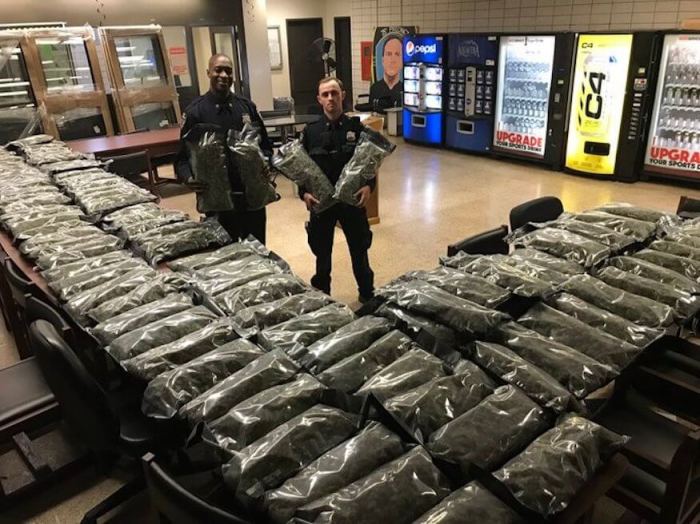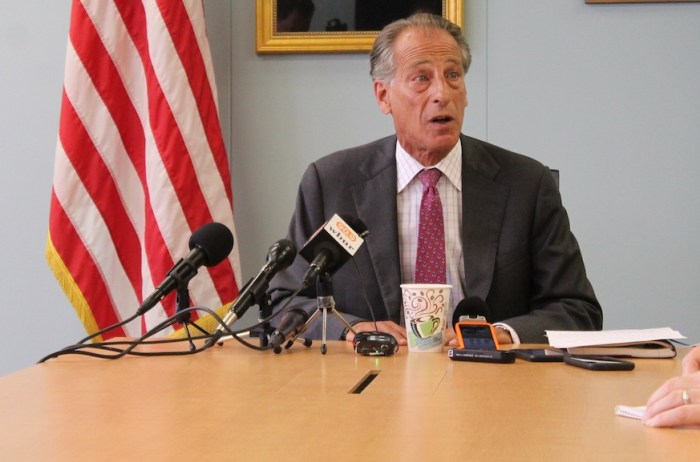Originally published on Mar. 8, 2017
With legal marijuana sales still over a year away, one Massachusetts town has already said no to pot shops.
Eighty-nine Massachusetts municipalities voted against Question 4 in November, the ballot initiative that legalized recreational use and sales of the intoxicating plant. Pro-pot advocates wonder if Westborough is the proverbial shoe dropping. Sales in Colorado, a pioneer in legalizing recreational marijuana, show a harmonious relationship between towns that allow pot shops and those that opt out.
“This money has been really good for us,” said Rebecca Davis, finance director of Manitou Springs, Colorado.
The tiny mountainside town boasts a population of just over 5,000, but when it’s bigger neighbors said “no” to retail pot sales, it paved the way for big revenues.
In Colorado, more than half of the state’s towns have opted out of retail sales, but with an estimated $1 billion in sales last year, you don’t hear many people complaining.
RELATED: High expectations for Massachusetts’ marijuana industry In Manitou, a little more than 6 percent of all retail marijuana sales, raised through taxes, goes directly back to the town.
Though Davis said state privacy laws prohibited her from disclosing the exact amount the town has brought in, she did say the urban renewal district, where both of Manitou Springs’ marijuana stores are located, has seen about $1 million more in sales tax revenue since retail marijuana sales were legalized. Since urban renewal districts hold onto one-third of the sales tax earned within their borders, that means about another $2 million is going to the town. You do the math.
Davis said the town has used the cash influx to make improvements to their fire station, roads, and build up their flood resiliencyinfrastructure.
But it’s not just town needs that have benefited. There’s a new restaurant and two new hotels nearby Manitou Springs’ pot shops, which Davis attributed to an influx of pot tourists. Statewide in 2015 pot tourism was a$100 million economy, according to Marijuana Business Daily. Massachusetts cities and towns have similar l ocal control options when it comes to taxes — they can tack an additional 2 percent on retail marijuana sales.
“That’s the law and I think many communities will look at it and think it’s a good revenue opportunity,” said Sen. Pat Jehlen, D-Somerville.
Jehlen, who supported legalization and heads the legislature’s newly formed Joint Commission on Marijuana, didn’t want to say much regarding her opinion on whether cities and towns should opt in or out on retail sales. “That’s what the hearings are for,” she said.
If some lawmakers get their way, it could become a lot easier for Massachusetts towns to “just say no” to retail pot shops.
Currently the city or town council needs to obtain signatures from 10 percent of registered voters to trigger a referendum to opt out of retail sales. In Colorado, where 156 out of the state’s 271 cities and towns have said no to retail pot stores, a simple majority by a municipality’s governing board will do.
Massachusetts town says ‘no’ to pot shops

Flickr


















